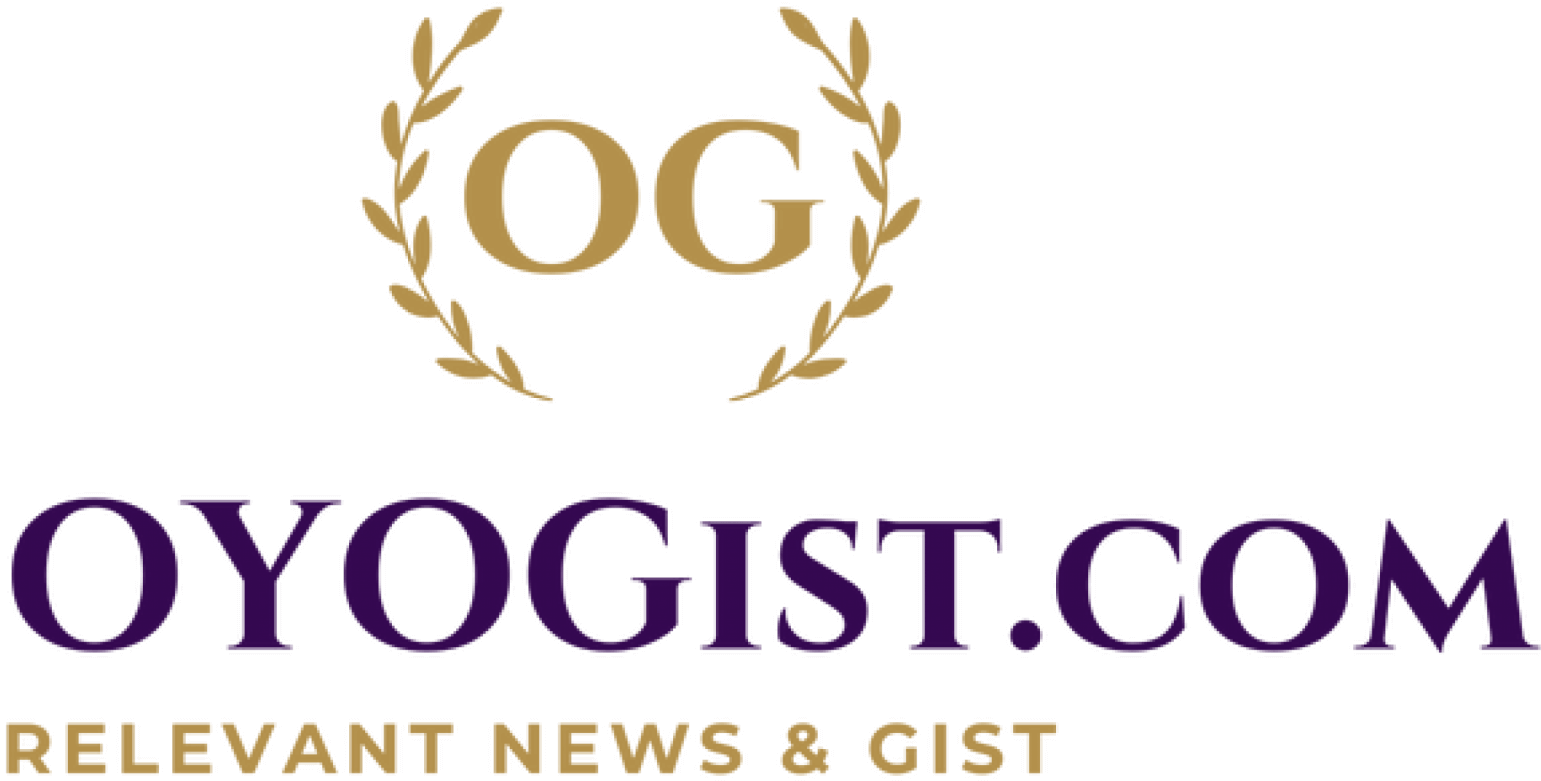Except something very drastic is done by the Lagos government, investors may totally abandon the state due to high licencing fees and strict regulatory restrictions. Apart from the harsh economic realities that came with the COVID-19 pandemic, many foreign investors have lamented that Lagos state is no more business-friendly, oyogist.com reports.
Some of these businesses like Bolt, SafeBoda, Uber, Konga and a few other transportation_based start-ups have complained that the treatment from local transport unions are threatening their vision to expand their frontiers in the state.
Added to this, there is the fear that the Govt has no intention to slow its tax drive which the investors are yet to come to terms with alongside the increasing cost of living in the state.
It would be recalled that Under the new regulations , which were earlier scheduled to take effect in March, third_party operators like Bolt and Uber that have over 1000 drivers on their platforms will pay N25 million licencing fee and N10 million annual renewal fee.
And those that have less than 1000 drivers will pay a licensing fee of N10 million and an annual renewal fee of N5 million if they have less than 1000 drivers.
Operators who directly own their cars and employ their drivers will pay only the license fee of N5 million if such operators have below 50 drivers. Those who have over 50 drivers will pay N10 million for the operating license.
E-hailing operators are also to pay 10% ‘service tax’ on each transaction paid by the passengers’ and are mandated to renew their licenses 3 months before the expiration of the current licence .
Ayoade Ibrahim, the president of the National Union of Professional App- Based Workers told The Nation on Monday that the new regulations put a heavy burden on the drivers and expose them to the whims of ride-hailing companies .

